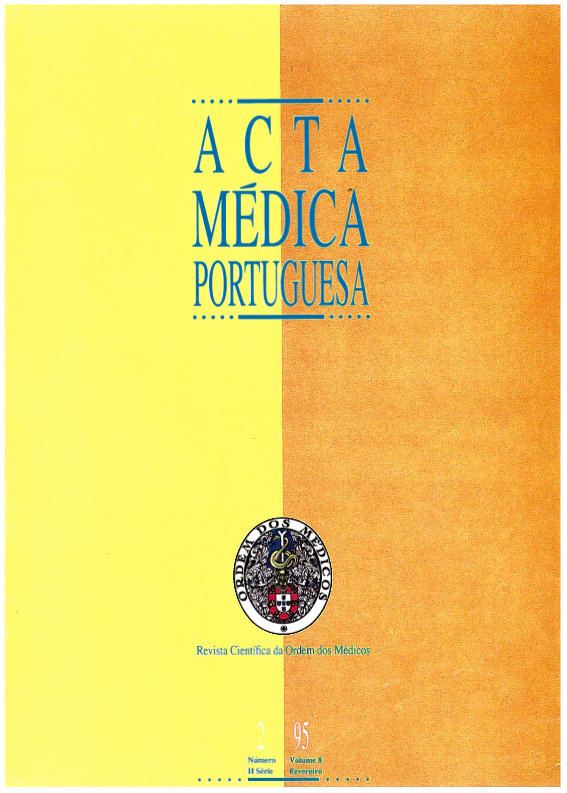Hospital prevalence of kidney failure. Consequences and reflections for the planning of nephrology services.
DOI:
https://doi.org/10.20344/amp.2665Abstract
A prospective prevalence study of Renal Failure (RF) in inhospital patients (creatinine > = 1.7 mg/dl) was carried out during March 1994, in two hospitals covering well defined and mutually exclusive populations. Cases were selected by screening all urea and creatinine blood tests performed in both laboratories, and registered in an individual form for daily follow-up of their nephrologic outcome. We registered 242 RF cases among 3525 patients admitted (6.8%), with an A.R.F. prevalence of 5.2%, 46% of all patients had a serum creatinine > 3 mg/dl and 71% were older than 65 years. In 55% RF was acquired inside the hospital. The most frequent cause of A.R.F. was pre-renal failure with 37%, followed by 32% of ischemic acute tubular necrosis and 13% toxic ATN. Nephrology was consulted in only 29% of all hospital RF cases. Only 17% of the RF patients were submitted to dialysis procedures, overall mortality was 31%, and 30% had normal renal function at discharge. Our results provide a data base to rethink the organization, staffing and role of nephrology departments inside general hospitals.Downloads
Downloads
How to Cite
Issue
Section
License
All the articles published in the AMP are open access and comply with the requirements of funding agencies or academic institutions. The AMP is governed by the terms of the Creative Commons ‘Attribution – Non-Commercial Use - (CC-BY-NC)’ license, regarding the use by third parties.
It is the author’s responsibility to obtain approval for the reproduction of figures, tables, etc. from other publications.
Upon acceptance of an article for publication, the authors will be asked to complete the ICMJE “Copyright Liability and Copyright Sharing Statement “(http://www.actamedicaportuguesa.com/info/AMP-NormasPublicacao.pdf) and the “Declaration of Potential Conflicts of Interest” (http:// www.icmje.org/conflicts-of-interest). An e-mail will be sent to the corresponding author to acknowledge receipt of the manuscript.
After publication, the authors are authorised to make their articles available in repositories of their institutions of origin, as long as they always mention where they were published and according to the Creative Commons license.









